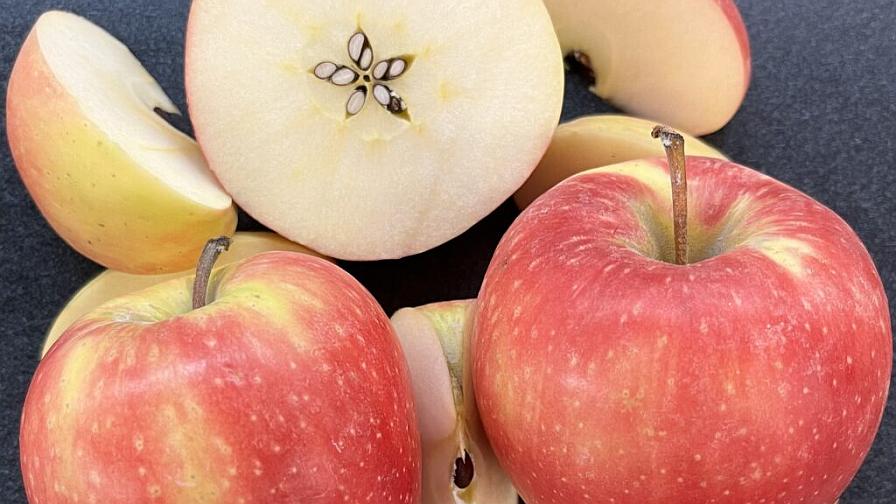Study Shows Organic Food Sales May Have Peaked
A marketing research and consulting firm says that organic food sales may have peaked. A new study by the TABS Group has found that organic food sales are currently enduring low purchase levels as the global economical slowdown hits consumers.
In the study, TABS found that less than 40% of adults in the U.S. had purchased anything from the major organic categories in the last six months, while non-organic products enjoyed household penetration levels well above 70%, according to Food Navigator USA.
"The findings are consistent with trends we have been tracking in retailer sales data," said Kurt Jetta, president and founder of TABS. "Very few of these products have meaningful sales levels in traditional mass market retailer, even the ones that are very strong in the natural food and specialty channels."
The study, which took place during November 2008 and covered 1,000 participants aged 18 and over, found that organic fresh fruit had the highest purchase incidence at 27%, followed by organic fresh vegetables at 26%.
Mr Jetta added that the majority of retailers that had invested in the organic trend would see "poor returns". "Most of the sales growth in these channels has been driven by increased selection of organic products rather than any inherent growth in consumer appeal," he noted.









